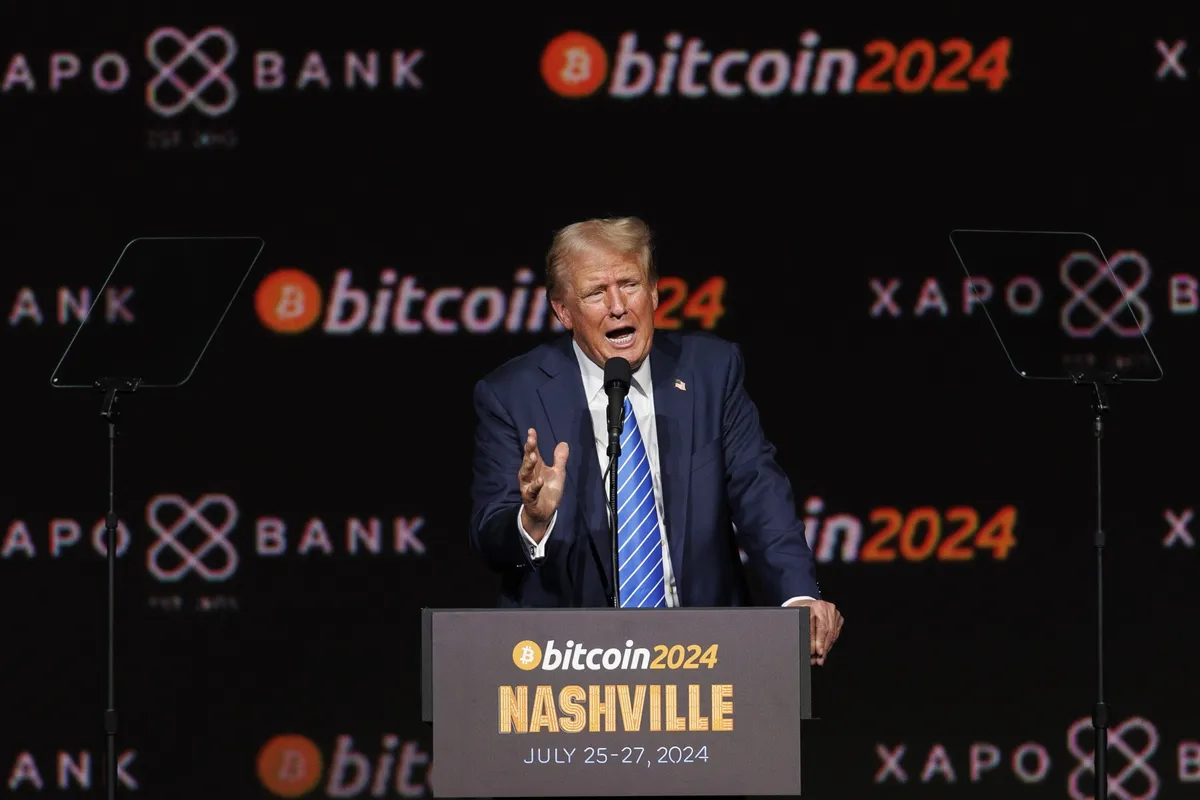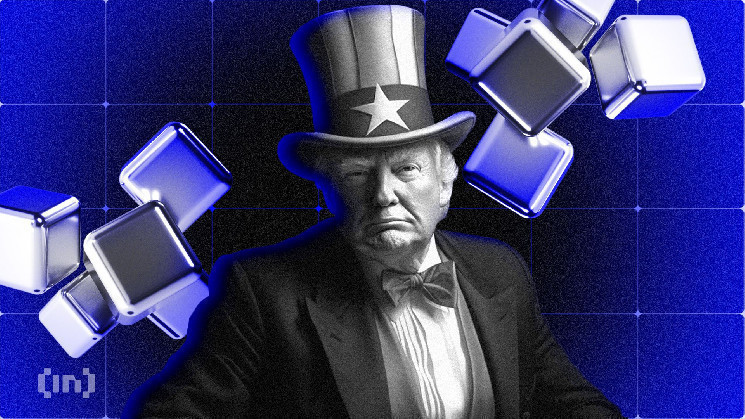President-elect Donald Trump is reportedly considering a permanent new crypto advisor role for the White House. Trump’s team is interviewing candidates but has not disclosed any strong contenders.
The exact duties of this role are also unclear, with rumors claiming Trump’s crypto advisor could oversee policy implementation.
Trump’s Permanent Crypto Advisor
According to Bloomberg reports, President-elect Donald Trump and his team are planning to introduce the first-ever crypto role in the White House. Trump is reportedly holding ongoing discussions with industry leaders to scope out potential candidates. One potential leader could be Brian Brooks, the former Binance.US executive.
“Brian Brooks, former executive at @binance US and @coinbase interviews for White House Crypto Czar role or potential SEC Chair position,” popular music producer and crypto commentaor Martin Folb wrote on X(formerly Twitter).
A full-time industry advocate within the White House could be a powerful ally to positive crypto regulation. On the campaign trail, Trump promised to enact a wide range of reforms to the US’ current crypto policy.
Some highlights include blunting anti-crypto initiatives in the legislature, appointing industry allies as financial regulators, and establishing a Bitcoin Reserve.
During Trump’s campaign, Bitcoin Magazine CEO David Bailey acted as an unofficial crypto advisor, helping draft pro-industry executive orders. Trump spoke at his Nashville conference in July. Since the election, Bailey has called the Bitcoin Reserve “the #1 most urgent and transformative policy” to ensure BTC growth.
However, his current influence level is unknown.

Other than Brian Brooks, no other favored candidate or contender’s name has come up till now. The President-elect is interviewing possible candidates at Mar-a-Lago, but his team has not commented on this process.
Unfortunately, many details around this new role remain mysterious, even the most substantial ones. For example, it is unclear whether this advisor will only serve in the White House, or act as a “crypto czar” to directly oversee policy implementation.
Regardless, this new position would help cement a growing tide of industry allies within the Federal government.
 beincrypto.com
beincrypto.com
